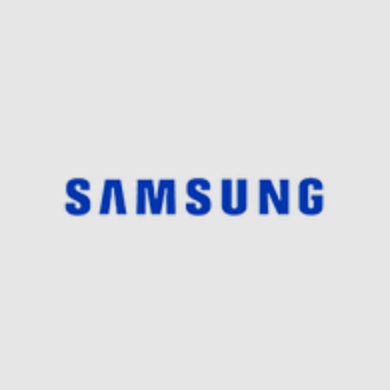NEW YORK -- Airgo Networks, a secretive Silicon Valley startup composed of a superteam of wireless pioneers, on Monday said it will reveal plans for what analysts say could offer a revolution in wireless transmission quality.
Airgo, of Palo Alto, California, will begin offering sample versions of its short-range radio antenna chips to equipment makers that promise to boost the speed, range and reliability of wireless devices indoors and between nearby buildings.
"This is a direction in which wireless technology is heading and they are ahead of everybody else," said Joseph Byrne, an analyst with market research company Gartner.
Airgo is offering its digital signal chips for use in so-called 802.11 short-range radios that are the industry's hottest trend since Intel began building wireless connections into notebook computers in March.
More than 60 companies make wireless radio chips, including several of the world's largest high-tech companies, but profit margins are tight as there is little technical difference between many of the current offerings.
The antenna technology also can transmit high-definition TV signals inside homes and improve indoor mobile telephone reception, positioning the company to become the latest in a line of Silicon Valley fairy-tale successes, consultant Craig Mathias of the Farpoint Group in Ashland, Massachusetts, said.
In an interview, Greg Raleigh, the company's chief executive and president, said it has contracted with a Taiwanese manufacturer to deliver Airgo antenna chipsets this fall for use in wireless products available by Christmas.
The entrepreneur hinted that he has agreements to sell Airgo chipsets to major personal computer makers, network equipment providers and at least one consumer electronics giant. But he declined to name his sales partners.
"We know we are going to get some share of the market. It's a question of how much," Raleigh said referring to the overall Wi-Fi chipset next year. "Is it going to be 5 percent, or 15 percent or 60 percent of the market?" he added.
"We believe we will be profitable in 2004," he said.
Engineers at Airgo, which was originally known as Woodside Networks, are leaders in a new generation of radio reception equipment known as multiple input, multiple output, or MIMO, technology that allows radio signals to be simultaneously sent over up to three antennas, greatly increasing call quality.
The privately held company includes a dream team of developers, including the Stanford University engineering team that pioneered MIMO and co-founder Dr. Richard van Nee, patent holder on much of the technology used in the 802.11 standards.
"There are a lot of large players participating in wireless LAN that don't have much technology," he said. "We seem to be the only (company) with anything different."
The 150-employee company includes the former Philips team that designed Apple computer Airport wireless radio, the first mainstream wireless LAN product, and Intel's Centrino Wi-Fi chipset. Big name venture capitalists, including Nokia's venture arm, back it.
Wireless reception can be improved by two to four times in range and by three to five times the data rate of existing wireless connections, Raleigh said. Airgo antennas can work both in mobile user devices and network receivers.
"Wireless LAN is our first market," Raleigh said. "Our ambition is to be the most successful wireless equipment maker in the world."

















